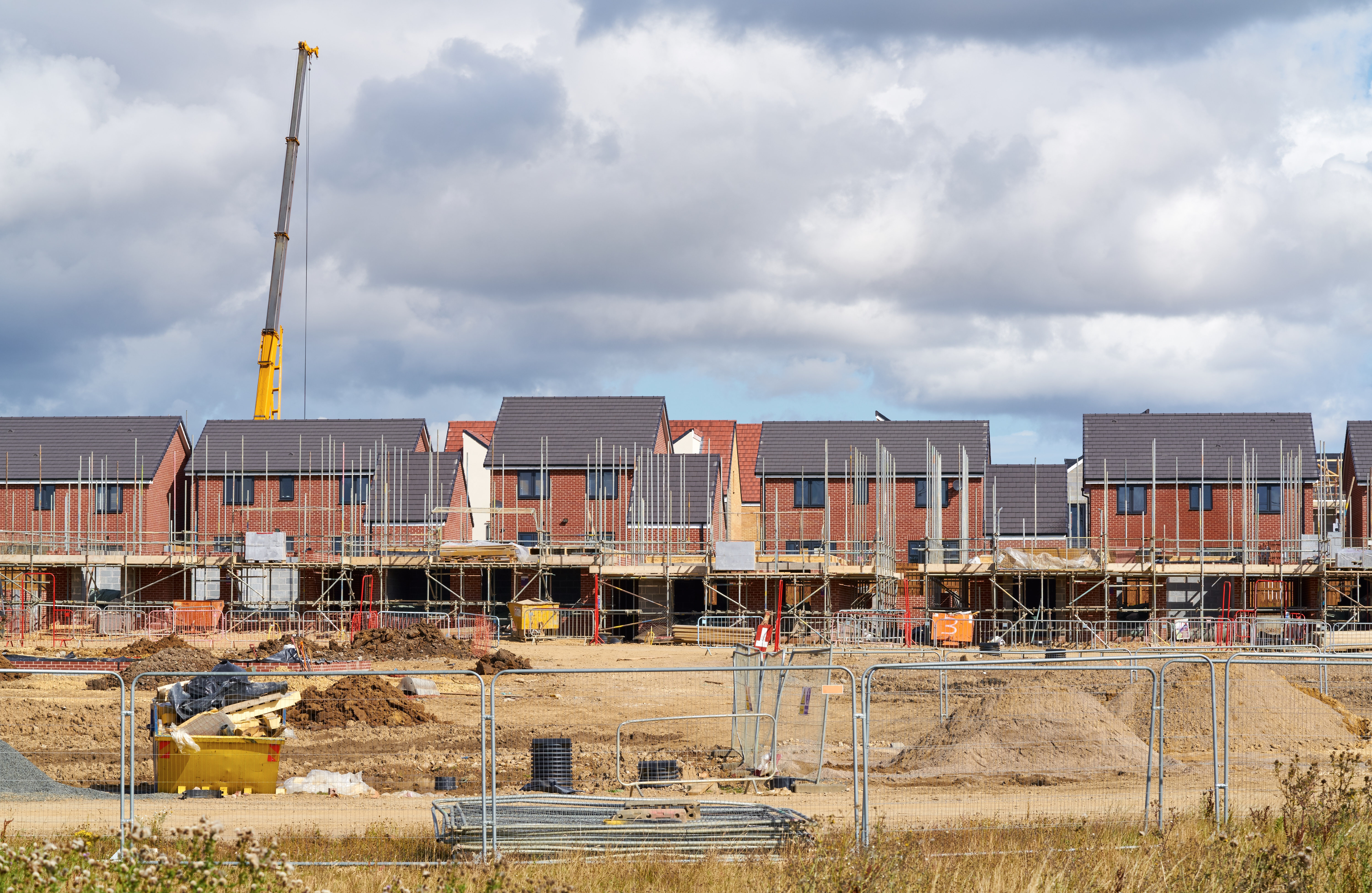Giving Social Housing Tenants a Voice
Ahead of the Future of Housing 2019 Conference, the GovNet Events team spoke with Leslie Channon, Board Member, TPAS about social housing and tenant engagement.
What motivated you to want to ensure national representation of tenants and increased stability?
As an involved social housing tenant with my landlord – I was able to find my voice – and I want to enable other people to have that option too. While my co-regulatory story is a positive one, I know that from working with others many are not afforded the same opportunity. One thing for sure is those affected by Grenfell were just not listened to at all. Their genuine concerns fell on deaf ears.
Can you elaborate on your collaborative work with the then Housing Minister, Alok Sharma?
Shortly after Grenfell there were about 10 of us –within the tenant involvement space – who came together to discuss what could be done. Shortly after that meeting in Coventry I was invited to meet with the Housing Minster, Alok Sharma MP and the civil servants at the DCLG (now MCHLG) to talk about what could be done – we helped to develop the Ministerial roadshows. I co-facilitated 6 of the 12 roadshows and I helped to co-facilitate a Grenfell with Alok’s replacement, Dominic Raab.
Aside from the ministerial roadshows, will you be involved in other ways of connecting tenants with ministers?
Once the Social Housing Green Paper (SHGP) was published I helped the MHCLG with SHGP consultation roadshows with Housing Minister, Kit Malthouse MP - we kept a similar format to the original roadshows and gathered views to feed into the SHGP consultation.
There needs to be some different thinking about how to reach the hard-to-reach tenants - how do you involve those who aren’t engaged, or can’t be, or perhaps don’t have access through their landlords?
Having a national body that represents tenants is important. Housing Association Landlords have the NatFed and housing professionals have the CIH to go to for a resource, training and advice – but tenants have nothing – nowhere to go to for advice or support if they have an issue – there is no representative body speaking at a national level for the tenant.
Like I said - I was fortunate that my landlord was engaged – my involvement with them basically changed my life. When I found myself in social housing my life had fallen apart and being able to focus on something bigger than myself enabled me to overcome my severe postnatal depression. Through the process I discovered a passion for housing and they were supportive in helping me pursue my MA Degree in Housing Practice from the University of Westminster.
After improving/facilitating initial resident engagement, what are some of the ways it can be maintained?
Direction of travel is important – the White Paper should be published in the Spring. I’m hoping that a measurement standard will be developed – there needs to be some way of measuring and standardising the social value and the outcomes of RI. The regulator needs stronger teeth to intervene when landlords are failing in the Tenant and Empowerment standard. I would like to see a T1 like the Viability V1 and the Governance G1. The loss of the TSA was huge.
Involving tenants in business decisions is not only the right thing to do it also makes savvy business sense and it saves money. It is financially viable.
What steps can be taken to eliminate the stigma of social housing?
I have been involved with the Benefit to Society campaign (now renamed #SeeThePerson) since the very first meeting. In three short years we have progressed from sitting at a roundtable in Oxford talking about what to do – to gaining landlord sponsorship, to commissioning research by the LSE and developing a fair press guide for journalists – and having a whole chapter of the SHGP dedicated to stigma. The campaign began pre-Grenfell and we never could have imagined that at a NatFed summit a Prime Minister would be talking about the stigmatisation of social housing tenants. It has been a huge achievement for the campaign.
Now that stigma is acknowledged as a real issue within our society we can focus on ‘how’ to change the dialogue; CIH held a roundtable on this in January 2019. The campaign is currently in the middle of elections to form a tenant-led body to drive the campaign into its’ next phase.
I guess the biggest challenge is how do you change the views of people who hold the views that perpetuate stigmatisation of people living in social housing? These negative perceptions are also held by those who work within the sector. I feel as though the scab has been picked off and now, we are being forced to look at it – we must realise and accept that it is ugly, for it to then begin to heal. There is still lots of work to be done!
What sorts of challenges might be faced in securing a national tenant body, and how can these be overcome?
With setting up a national tenant body – a national feasibility study is needed to be able see what tenants want. I know my personal concerns but I am just one tenant out of 8 million. My experience and opinion cannot be representative of the diverse population of people who live in social housing.
Will new technologies ensure that there are no blind spots in tenant representation?
As the Insight Lead at HACT, I am in charge of both our Community Insight and Value Insight tools – with over 800 data sets the Community Insight tool can help to provide invaluable information to HA’s to be able to target projects, funding or resources in areas of need. Value Insight helps capture social value. With the strong indication there will be a social value KPI measurement – this tool enables you to capture a social value wellbeing measure to demonstrate the impact a project or scheme has had on the participant or recipient.
There is a place for technology but not at the expense of talking to tenants and getting. Data collection and technology alongside other more traditional RI methods helps triangulate a more robust picture.
Any other comments?
There is something intrinsically broken and the sector needs to be prepared for some difficult conversations. There are a lot of angry tenants out there. Bridges need to be built, and conversations between associations and tenants must continue or in some cases – begin.
Again, we have picked off the scab, but we are still at the stage of realising that what we are seeing it is ugly and unpleasant – we have a long way yet to go...
Join us on 26th April at our Future of Housing Conference at etc. venues St Paul's in London. Future of Housing unites leadership teams, policymakers and influential figures from across UK housing to define strategy and take action on delivering the ‘levelling up’ agenda.




